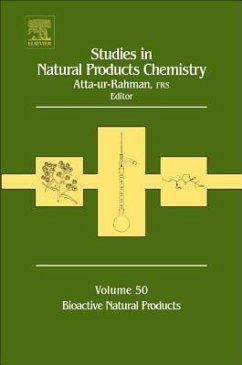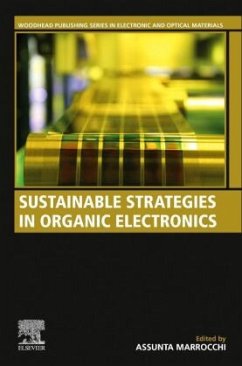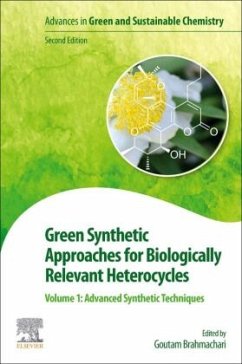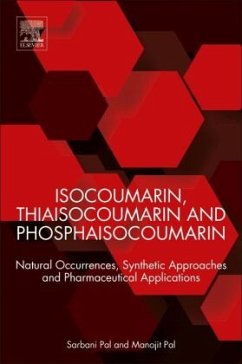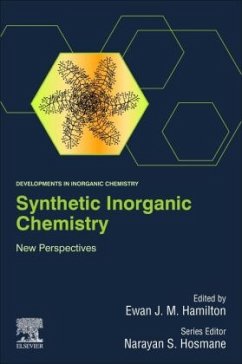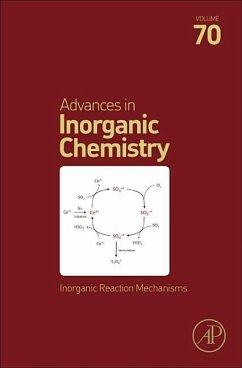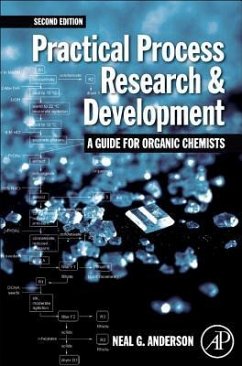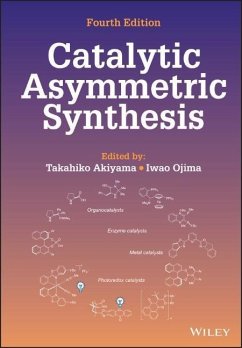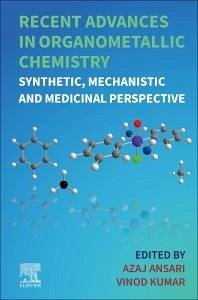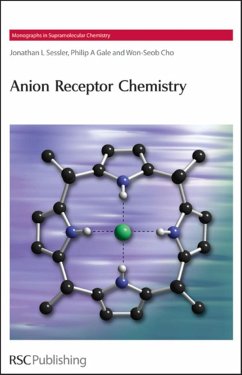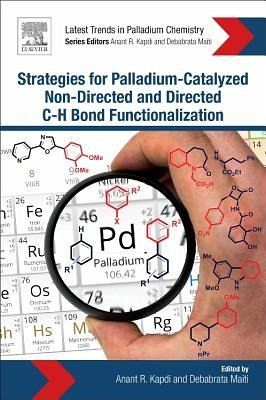
Strategies for Palladium-Catalyzed Non-Directed and Directed C Bond H Bond Functionalization

PAYBACK Punkte
68 °P sammeln!
Strategies for Palladium-Catalyzed Non-directed and Directed C-H Bond Functionalization portrays the complete scope of these two aspects of C-H bond functionalization in a single volume for the first time. Featured topics include the influence of palladacyclic systems in C-H bond functionalization (need for newer catalytic systems for better efficiency), mechanistic aspect of the functionalization strategies leading to better systems, and applications of these methodologies to natural product synthesis and material synthesis.




